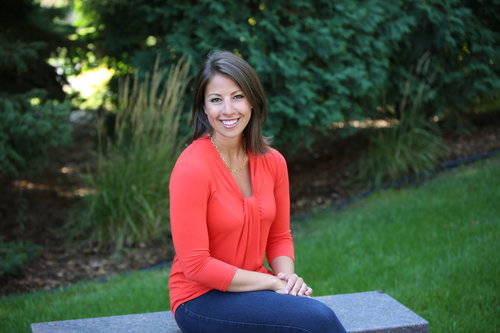
Hi! I’m Melissa Schaser and I serve as a pastor in Minneapolis, MN. I enjoy preaching, teaching, discipling people in their faith, developing leaders, and bringing health to teams and organizations. On this site you will find resources and information about my writing, speaking, and coaching. If you would like to learn more, connect with me by filling out the Contact Me page. Blessings!
